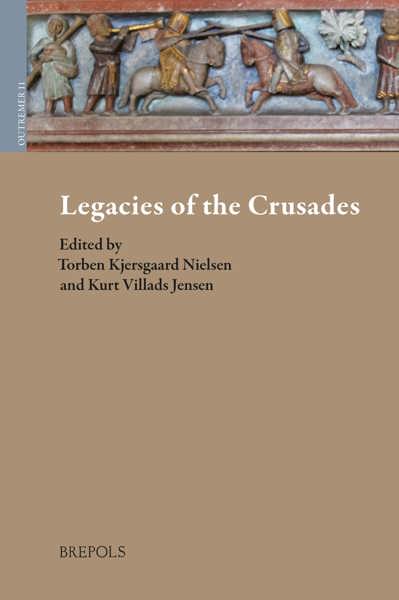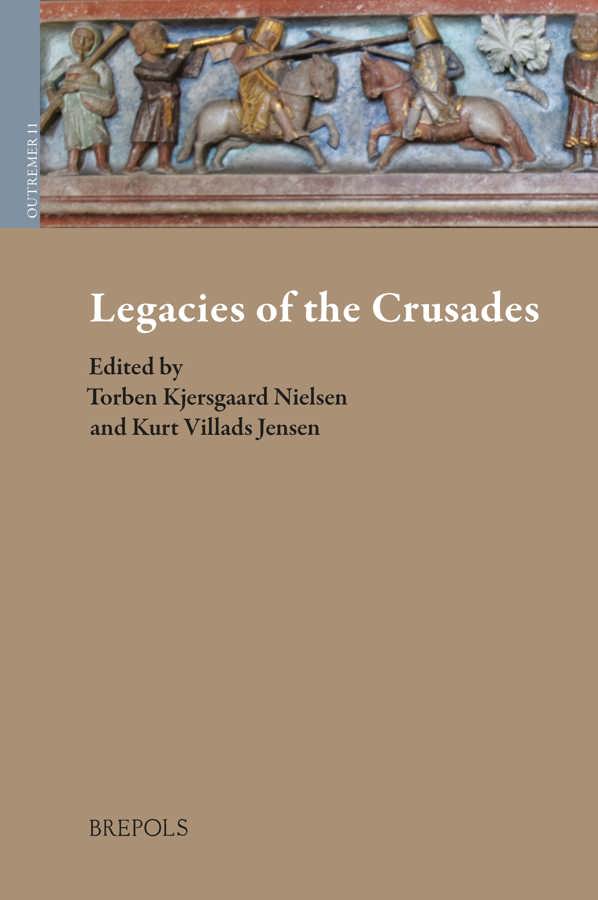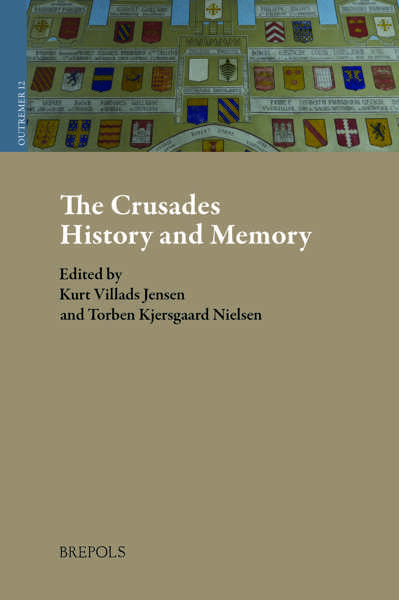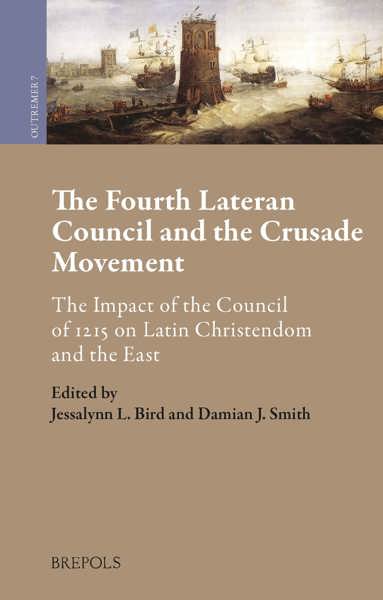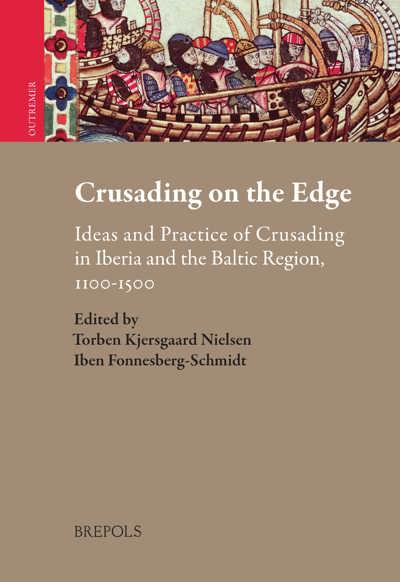
Legacies of the Crusades
Proceedings of the Ninth Conference of the Society for the Study of the Crusades and the Latin East, Odense, 27 June – 1 July 2016. Volume 1
Torben Kjersgaard Nielsen, Kurt Villads Jensen (eds)
- Pages: 304 p.
- Size:156 x 234 mm
- Language(s):English
- Publication Year:2021
- € 84,00 EXCL. VAT RETAIL PRICE
- ISBN: 978-2-503-58788-2
- Hardback
- Available
- € 84,00 EXCL. VAT RETAIL PRICE
- ISBN: 978-2-503-58789-9
- E-book
- Available
“Overall, this is a very strong essay collection which is especially effective in its consideration of subjugated/conquered/displaced peoples. The standard of scholarship, taken overall, is high and in some cases these articles represent a significant advance on current research, while in others they either challenge existing interpretations or open up new questions.” (Nicholas Morton, in The Journal of Religious History, Literature & Culture, 2022, p. 178)
“Legacies of the Crusades holds together very well, and brings to light a number of excellent pieces of scholarship. (…) Jensen, Nielsen, and all of the contributors are to be commended for the production of a fascinating and well-organized volume.” (Miguel Dolan Gómez, in The Medieval Review, 25/06/2022)
Torben Kjersgaard Nielsen is Associate Professor in Medieval History at Aalborg University, Denmark, and currently Head of Studies. His research interests are the Baltic crusades, medieval Denmark and papacy. He has recently published on the medieval Danish flag (the Dannebrog) and – together with Iben Fonnesberg-Schmidt – he is the editor of Crusading on the Edge. Ideas and Practice of Crusading in Iberia and the Baltic Region, 1100-1500 (Brepols, 2016) in this series.
Kurt Villads Jensen is Professor in Medieval History and Director of the Centre for Medieval Studies, Stockholm University, Sweden. He has been working on both ideological and practical aspects of Iberian and Baltic Crusades. He published in 2017 Crusading at the Edges of Europe. Denmark and Portugal c. 1000 – c. 1200, a comparison of Denmark and Portugal as two crusading nations.
When war ended, the hard work began. Crusader warfare was only the beginning, for after peace came huge and often fundamental changes for individuals and societies. First it was necessary to establish firm and secure agreements between enemies, and take care of prisoners of war and refugees. Soon followed new legal systems, and new social groups emerged as old and new families intermarried, or entire segments of the population became subordinates under new rulers. And in a longer time perspective, the entire physical landscape was changed to conform to and express the beliefs and values of the conquerors.
The military expeditions of the medieval crusades are well studied, at different times and in many diverse areas, but the consequences for individuals and societies much less. This book opens up a new research area, and contributes with 11 studies covering the Middle Eastern crusader states, the Mediterranean, and the Baltic Sea.
Introduction. Legacies of the Crusades
Torben Kjersgaard Nielsen and Kurt Villads Jensen
I. The Diversity of Crusading
From Jerusalem to Mexico. Unity and Diversity in Crusading, Eleventh to Sixteenth Centuries
Alan V. Murray
II. Crusades to the Holy Land
Between the Downfall of Edessa and the Capture of Damietta. How the Glamour of the Prester John Legend Influenced the Crusader-Muslim Conflict, (539–618 AH / 1144–1221 AD)
Ahmed M. Sheir
Give me Three Good Reasons for a Muslim to end a crusade. Saladin and the Third Crusade
Betty Binysh
On the Role of Roman law in the Crusader States. Allocation of Risk and the Ransom of Captives
Tomislav Karlović
Refugees in the Latin East before and during the Third Crusade (1168–1192)
Jochen Burgtorf
III. Societies in the Eastern Mediterranean
Desire, Myth, and Necessity. Latin Attempts at Integrating Nubians into the Orbis Christianorum of the Holy Land During the Twelfth to Fifteenth Centuries
Adam Simmons
Unknown Leaders. The Contribution of the Teutonic Grand Master’s Deputies to the Order’s Status and Position in the Latin Kingdom of Jerusalem
Shlomo Lotan
The Formation and Evolution of the Class of Burgesses in the Lusignan Kingdom of Cyprus 1192–1474
Nicholas Coureas
The Knight Hospitaller Slave system and its Variety of Enslaved Groups on Cyprus, Rhodes and Malta
Nicholas McDermott
IV. New Polities and Societies in the Baltic Region
Agreements on the Acceptance of Christianity between Crusaders and Pagans in Thirteenth–Century Livonia
Mihkel Mäesalu
A Crusader and the Chieftain’s Daughter. Connubium between Conquerors and Natives during the Baltic Crusades
Anti Selart
The Inclusion of Indigenous Western Baltic People in the Teutonic Order’s Prussian and Curonian Land Administration in the Thirteenth and Fourteenth Centuries
Raitis Simsons
The Teutonic Order and the Origins of its State as an Example of a Crusading Landscape in Fourteenth–Century Prussia
Gregory Leighton
